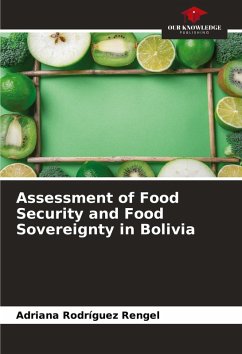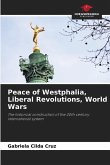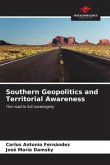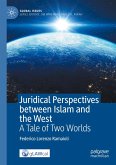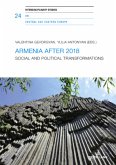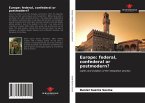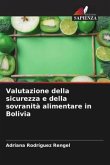From a rights-based approach, understanding that the State is the main guarantor for the realisation of the human right to food by providing food security, the Plurinational State would be strengthening the vision of food sovereignty, understanding that, as part of the consolidation of its struggle against neoliberalism, the primordial networks of the traditional peasant economy should be prioritised. Through their recognition and the implementation of public policies, a new community paradigm could be consolidated, translated into a model built on the vindication of the practices of the indigenous and peasant peoples it represents. Along these lines, the aim of this paper is to show how, from the philosophical vision of sumaj qamaña, the Bolivian state implements public policies that ensure food security with sovereignty by promoting traditional forms of food production or by incorporating policies and plans to improve the means of production, with the aim of promoting peasant family farming.
Bitte wählen Sie Ihr Anliegen aus.
Rechnungen
Retourenschein anfordern
Bestellstatus
Storno

